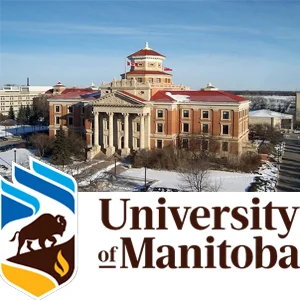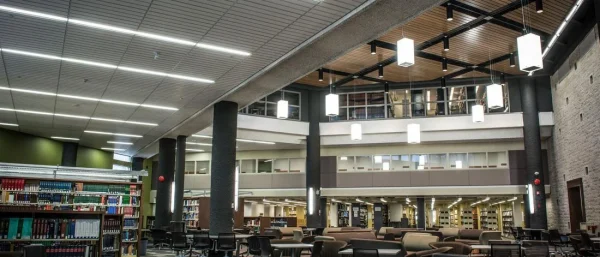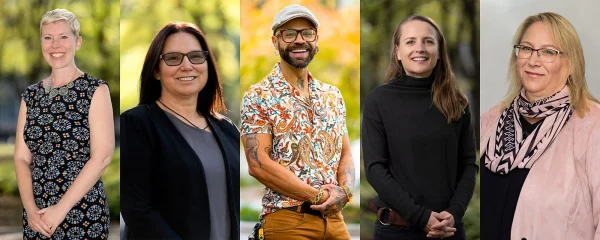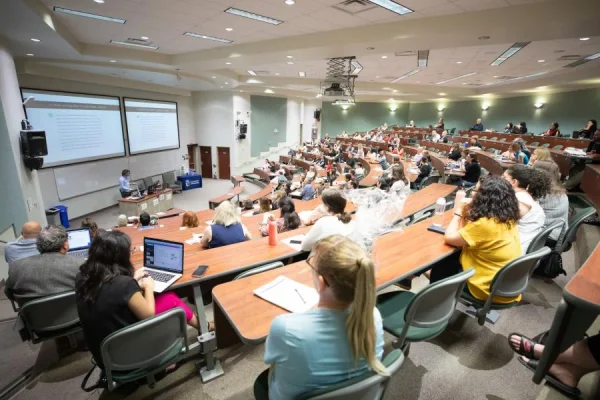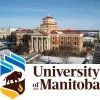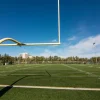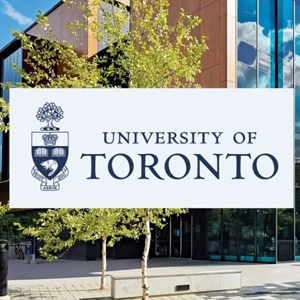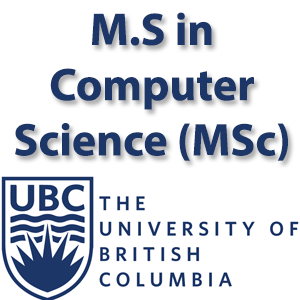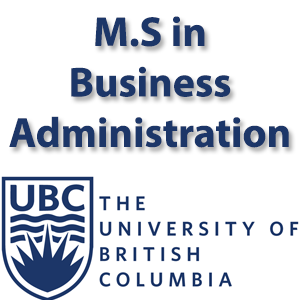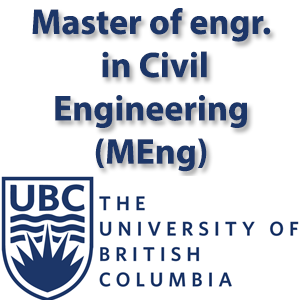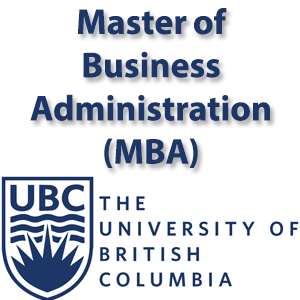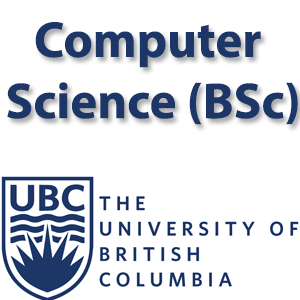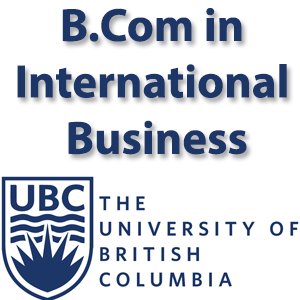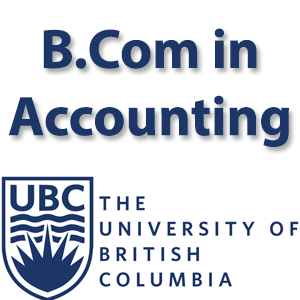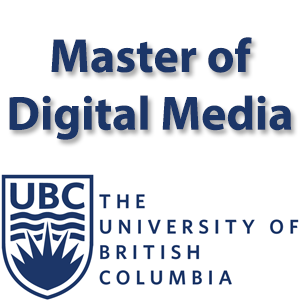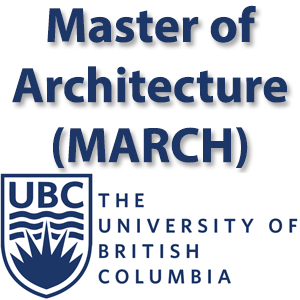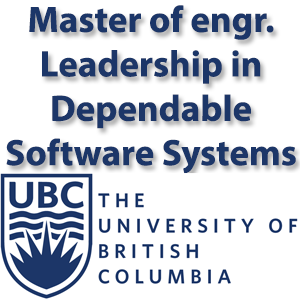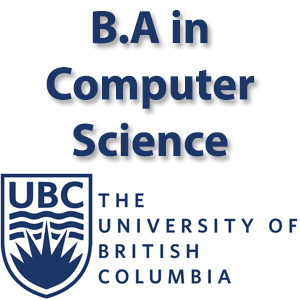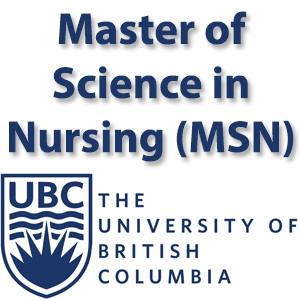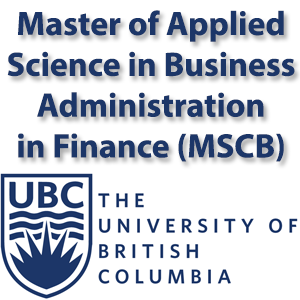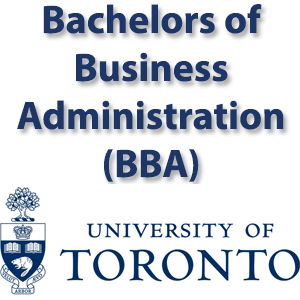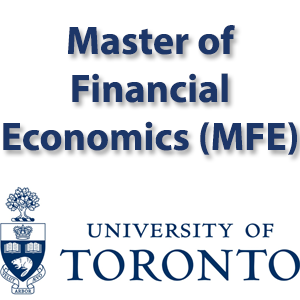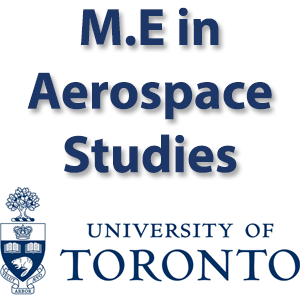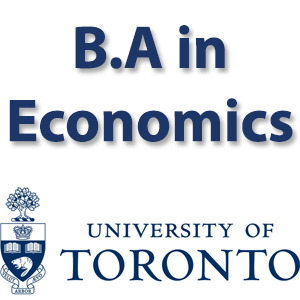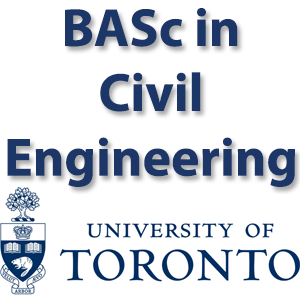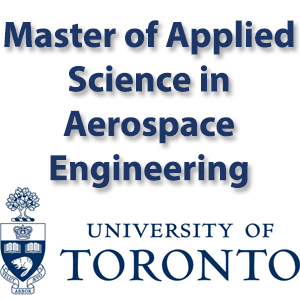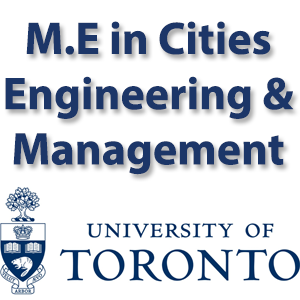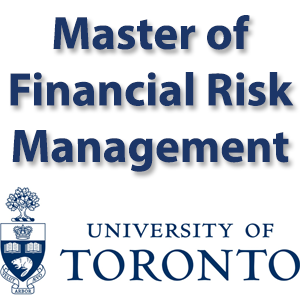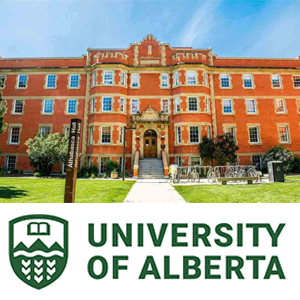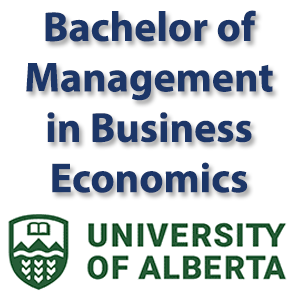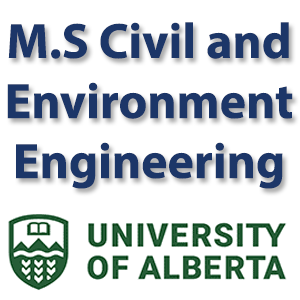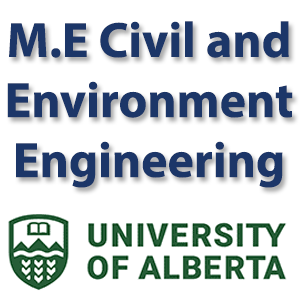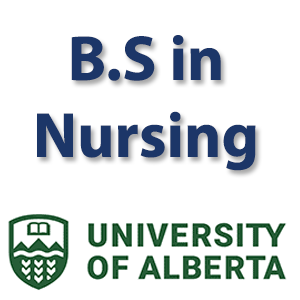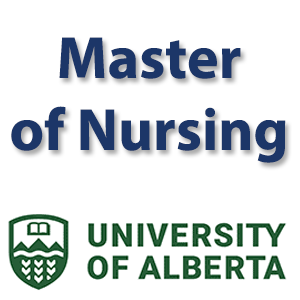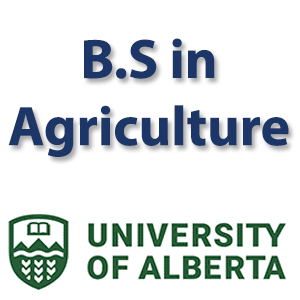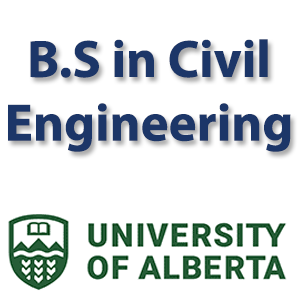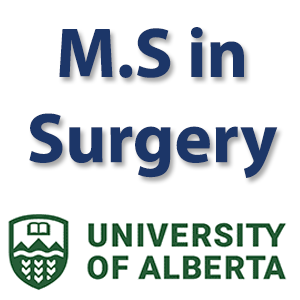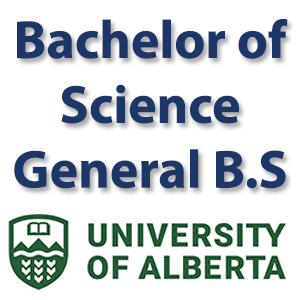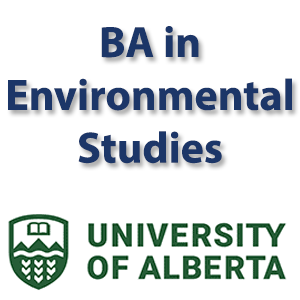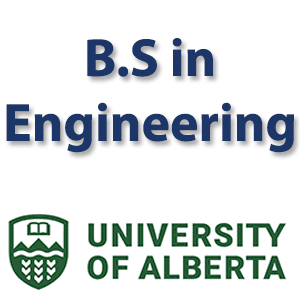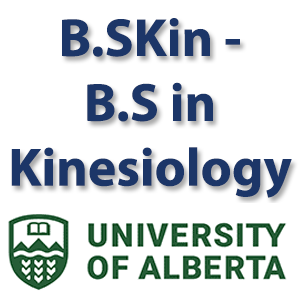International admission requirements
We are delighted you are considering attending the University of Manitoba. Each year we welcome students from around the world to live and learn in Winnipeg, Canada.
If you are an international student applying from high school, with no previous post-secondary experience, you will find your admission requirements here.
General admission requirements
To study at the University of Manitoba you must meet the following three general admission requirements:
- You must demonstrate English language proficiency
and - You must meet one of these two requirements:
- the general admission requirement based on your country of study
or - the general admission requirement based on your curriculum of study
and - You must meet program-specific requirements based on program(s) of choice
- Check your country below for program specific equivalencies, or contact the University admissions office at international.applications@umanitoba.ca for details.
Find admission requirements by country of study
To find your general admission requirements:
- Select your region.
- Select your country to review that country’s general and program-specific minimum admission requirements. If you cannot find your country of study in the drop-down list, please refer to the General Admissions Requirements in the drop-down.
You can also contact our admissions office at international.applications@umanitoba.ca for country-specific equivalencies.
General entrance requirement
High school diploma with 5 full credits at the senior level.
Requirements by program
| Program | Program-specific minimum admission requirements |
|---|
| University 1 | An equivalent minimum average of 70% over the following senior level courses, with no less than 60% in each course: - English or first language literature course
- Mathematics
- A third academic course
- A fourth academic course
**Alternative International Admission Category for University 1 listed below table. |
|---|
| Agribusiness, Agriculture, Agroecology, Food Science, Human Nutritional Sciences | An equivalent minimum average of 70% over the following senior level courses, with no less than 60% in each course: - English
- Senior Level Mathematics or Pre-Calculus Mathematics
- A third academic course
- A fourth academic course
|
|---|
| Arts | An equivalent minimum average of 70% over the following senior level courses, with no less than 60% in each course: - English
- Mathematics
- A third academic course
- A fourth academic course
|
|---|
| Commerce | An equivalent minimum average of 85% over the following senior level courses, with no less than 70% in each course: - English
- Pre-Calculus Mathematics
- A third academic course
- A fourth academic course
|
|---|
| Engineering | An equivalent minimum average of 80% over the following senior level courses, with no less than 70% in each course: - English
- Pre-Calculus Mathematics
- Chemistry
- Physics
|
|---|
| Earth Sciences | An equivalent minimum average of 70% over the following senior level courses, with no less than 60% in each course: - English
- Pre-Calculus Mathematics
- Physics
- Chemistry
|
|---|
| Environmental Science, Physical Geography | An equivalent minimum average of 70% over the following senior level courses, with no less than 60% in each course: - English
- Pre-Calculus Mathematics
- Physics
- One of Biology, Chemistry, or Computer Science
|
|---|
| Environmental Studies, Geography | An equivalent minimum average of 70% over the following senior level courses, with no less than 60% in each course: - English
- Mathematics
- A third academic course
- A fourth academic course
|
|---|
| Fine Arts | An equivalent minimum average of 70% over the top three senior level courses and: - A minimum grade of 60% in a first language literature course
A digital portfolio with a supporting written statement is required. |
|---|
| Health Sciences | An equivalent minimum average of 85% over the following senior level courses, with no less than 60% in each course: - English
- Senior level Mathematics or Pre-Calculus Mathematics
- Biology
- Chemistry
|
|---|
| Health Studies | An equivalent minimum average of 85% over the following senior level courses, with no less than 60% in each course: - English
- Senior level Mathematics or Pre-Calculus Mathematics
- Biology or Chemistry
- A fourth academic course
|
|---|
| Kinesiology, Physical Education | An equivalent minimum average of 85% over the following senior level courses, with no less than 60% in each course: - English
- Senior level Mathematics or Pre-Calculus Mathematics
- One of Biology, Chemistry, or Physics
- A fourth academic course
|
|---|
| Recreation Management and Community Development | An equivalent minimum average of 85% over the following senior level courses, with no less than 60% in each course: - English
- Senior level Mathematics or Pre-Calculus Mathematics
- A third academic course
- A fourth academic course
|
|---|
| Music, Jazz Studies | An equivalent minimum average of 70% over the following senior level courses, with no less than 60% in each course: - English
- Senior level Mathematics
- A third academic course
- A fourth academic course
An audition, theory test, and letters of recommendation are required. |
|---|
| Science | An equivalent minimum average of 80% over the following senior level courses, with no less than 60% in each course: - English
- Senior level Mathematics or Pre-Calculus Mathematics
- One of Biology, Chemistry, Computer Science, or Physics
- A fourth academic course
|
|---|
**Commencing Fall 2026: Alternative International Admission Category for University 1
International applicants to University 1 who are unable to meet the program requirements due to the structure of their international curriculum may be considered for admission to the University 1 program under the Alternate International Admission category.
This category is for international students who have not completed Math OR English at the Grade 12 level due to pursuing specific curriculum streams. Applicants must meet the following:
- High school graduation with 5 senior level courses
- A minimum average of 80% over the following, with no less than 70% in each course
- English OR Mathematics at the senior level*
- Three senior level academic courses**
*Students who have not completed the Grade 12 math course may be required to complete a preparatory math course in their first year of study to ensure they have the prerequisite to register in the university mathematics requirement needed for graduation.
*Students who have not completed the English course at the Grade 12 level are recommended to complete ARTS 1110 or a course that meets the written English requirement within the first year of study.
** Academic courses selected from the approved course list.
Note: Applicants who have taken a senior-level English or Math course but who have not met the minimum grade requirement are not eligible to apply to this category.
Diploma program-specific admission requirements
Applicants to the following diploma programs need only meet the program-specific requirements as listed below (the General Admission Requirements listed above are not required). In cases where the number of eligible applicants exceeds the available spaces, applicants will require higher averages than stipulated to be successful in the admissions competition.
| Program | Program-specific minimum admission requirements |
|---|
| Diploma in Agriculture | A minimum average of 60% over the following: - English
- Senior level Mathematics or Pre-Calculus Mathematics
- One of Biology, Chemistry, Computer Science, or Physics
|
|---|
| Diploma in Fine Art | High school graduation including completion of Senior level Art recommended. A digital portfolio with a supporting written statement is required. Please refer to the Fine Arts Bulletin for more detailed information. |
|---|
In cases where the number of eligible applicants exceeds the available spaces, applicants will require higher averages than stipulated in the requirements above to be successful in the admissions competition.
Applicants are strongly recommended to only use educational agents that have been approved by the University of Manitoba in order to ensure a legitimate application and admission experience.
Approved educational agents
Immigration Refugee and Citizenship Canada (IRCC) introduced a new requirement for the Study Permit application process requiring an additional document called the Provincial Attestation Letter (PAL).
Provincial Attestation Letter (PAL) information
Bold steps, bright future
Since 1877, our way forward has shaped Manitoba and the world.
Like bison on the plains, we move forward with strength and purpose. From breakthroughs in health and climate action to meaningful partnerships that advance Reconciliation, our steps have shaped Manitoba and echoed far beyond. Inspired by the Northern Lights, we embrace possibility, challenge conventions and push toward a brighter future for all.
We are the university for Manitoba. We are one of the country’s top research universities and the largest source of skilled professionals in Manitoba. UM trains those who will build this province’s future. We are a world-class university and provide the most opportunities for post-secondary students in the province with our breadth of programs, co-op opportunities, research facilities and partnerships.
Mission
We advance learning by creating, sharing, preserving and applying knowledge in partnership with diverse communities to promote the cultural, social and economic well-being and health of Manitoba, Canada and the world.
Vision
The University of Manitoba will be a vibrant and thriving community, enriched by Indigenous knowledges and perspectives. We will lead change for a better Manitoba and world.
Values
To achieve our vision, we require a commitment to a common set of ideals. The University of Manitoba values include: Belonging, Curiosity, Impact, Integrity and Well-being.
Bisons at the centre of bold ideas
UM researchers look past the surface. We dig–deeper–to find unique solutions to the complex challenges we face now, and in the future. UM Bisons are brilliant thinkers, big thinkers, who look past the obvious into the unknown. We are at the centre of bold ideas.
Learn how UM researchers are “Bisons at the centre of bold ideas”‘
Our Campus
Welcome!
University of Manitoba campuses are inclusive, accessible and feature traditional and contemporary architecture, state-of-the-art facilities and expansive green space. We are home to two main campuses — Fort Garry and Bannatyne — and multiple satellite campuses across the province and research locations around the world. Discover our vibrant campuses and all we have to offer, and see why more than 30,500 students and 9,400 faculty and staff call UM home.
Traditional Territories Acknowledgement
A Traditional Territory Acknowledgement is a reflection and expression of gratitude that recognizes the Indigenous land we occupy as a community, while promoting a shared commitment to understanding historical events that have led us to the present day. While a general UM Territories Acknowledgement has been written, members of the UM community are encouraged to personalize their acknowledgement and share their gratitude in a manner that honours their own reflections.
Read UM’s Traditional Territories Acknowledgement and learn more about Territory Acknowledgements
Fort Garry campus
Cradled in a bow of the Red River in a treed, green setting 20 minutes from the city centre, the historic Fort Garry campus encompasses more than 280 hectares. More than 90 major buildings host a range of world-class facilities including four colleges, laboratories, teaching and learning spaces, administrative and service offices, recreation facilities, research agencies, libraries and residences with open spaces and an interwoven network of streets, pedestrian pathways and plazas.
Housing
Campus services
Campus tours
Getting here
Accessibility
Bannatyne campus
UM’s downtown campus is a vibrant urban community adjacent to the Health Sciences Centre. Serving our province’s future health professionals, this nine-building complex focuses on collaboration across disciplines — and trains the doctors, nurses and other health care professionals that go on to serve throughout Manitoba and beyond.
Campus services
Getting here
Accessibility
Indigenous spaces on campus
The University of Manitoba is committed to weaving Indigenous perspectives and knowledges across our campuses and building respectful relationships with Indigenous communities. In addition to several dedicated Indigenous spaces, Indigenous planning and design principles were created under the guidance of an Indigenous Advisory Committee and Subcommittee.
The Cultural Landscape of the Fort Garry Campus recognizes the precolonial Indigenous and environmental histories of the lands as visible and significant components of the campus environment, and as a crucial part of campus’s culture, heritage and identity. This document offers additional themes, ideas and issues to be explored and built upon when undertaking planning and design work.
Learn more about the cultural landscape and histories of the Fort Garry Campus (pdf)
Learn more about established Indigenous planning and design principles
Department of History
History is the interpretation of the past through the questions of the present. Historians are like detectives; they examine how individuals, groups and human systems shaped past events and ideas, and they draw on a wide range of sources in their investigations. In undergraduate and graduate history courses at UM, students work with faculty members whose expertise is internationally recognized.
Asamoah wins Association of Canadian Archivists’ Award
Congratulations to Gifty Asamoah, a student in the Joint Masters’ program (archival studies stream) for winning the 2024 Association of Canadian Archivists’ Ancestry Continuing Education Award.
“While the importance of community archives for cultural preservation is recognized, there remains a lack of understanding regarding how individual migrant perceptions influence data collection and archival practices. My project seeks to adopt a case study approach to explore migrant perceptions on how archives and record-keeping can contribute to preserving culture and maintaining identity, particularly among Ghanaian immigrants in Manitoba.”
Tuition and financial supports for international students
The University of Manitoba is world-ranked in all major higher education rankings and a member of Canada’s U15 research universities. At UM, you’ll receive a first-class education while paying some of the lowest tuition rates in Canada.
The University of Manitoba offers international students an affordable option for their post-secondary education.
Hear from Takudzwa, a fourth year Faculty of Arts student, about how you can take advantage of financial opportunities and supports to help you along the way. If your chosen career in in high demand, the investment in your education will pay off in the long run.
Your school costs and living expenses
The University of Manitoba has among the lowest tuition rates in Canada. Winnipeg also has a lower cost of living than other cities, so you’ll save money on living expenses like housing, food and transportation.
Your total expenses per term will depend on factors like the program you are enrolled in, the number of courses you take each term, your lifestyle and where you live.
Learn about places to live
Estimate your tuition
- $20,400 – $29,700 International student tuition (CAD)
- $10,000 – $17,000 Residence and meal plan package
- $3,500 Annual cost of books, supplies and student fees (CAD)
Table 1: Estimated tuition by program
The following table shows the approximate tuition fees for a University of Manitoba student taking a full course load in an undergraduate program during the Fall and Winter terms.
Your specific tuition fees will depend on your number of course credit hours and which faculty or school offers those specific courses.
You can use these figures to estimate your total university costs in Table 2.
Table 1. Estimated tuition by program| Program | Approximate tuition for Canadian/
permanent resident | Approximate tuition for international student |
|---|
University 1 (Based on a combination
of Arts and Science courses) | $6,000 | $22,000 |
| Agricultural and Food Sciences | $6,800 | $23,900 |
| Agriculture – diploma | $6,400 | $22,800 |
| Architecture (Environmental Design) | $6,900 | $24,700 |
| School of Art | $8,000 | $29,700 |
| School of Art – diploma | $7,500 | $27,400 |
| Arts | $5,600 | $20,400 |
| Business | $7,700 | $26,900 |
| Dental Hygiene | $8,500 | Not eligible |
| Dentistry | $27,500 | Not eligible |
| Education | $6,600 | $22,700 |
| Engineering | $8,300 | $27,300 |
| Environment, Earth, and Resources | $6,400 | $23,700 |
| Interdisciplinary Health | $6,200 | $22,600 |
| Kinesiology and Recreation Management | $7,100 | $26,600 |
| Law | $14,200 | $33,600 |
| Midwifery | $7,400 | Not eligible |
| Medicine | $13,800 | Not eligible |
| Music | $6,900 | $24,500 |
| Nursing | $7,400 | $24,600 |
| Pharmacy | $20,700 | Not eligible |
| Rehabilitation Sciences | $7,500 | Not eligible |
| Science | $6,700 | $24,100 |
| Social Work | $6,900 | $25,300 |
Notes on the tables
- Fees and costs are estimated. Your actual cost of attending university will depend on many factors in addition to the program of your choice. For complete fee details visit Undergraduate tuition and fees.
- Tuition fees include your student organization fee and endowment fee.
- Fees are for an eight-month period.
- Textbook and supplies estimates do not include musical instruments for Music students or dental hygiene kits for Dental Hygiene students.
- Students residing outside of the Winnipeg city limits may opt out of the U-Pass.
- Students who have health insurance from another medical plan may opt out of the University of Manitoba Students’ Union (UMSU) health plan.
- All fees are in Canadian dollars.
International student awards
The University of Manitoba rewards students who have demonstrated academic success and supports those with financial need through international student scholarships and bursaries.
On this page:
International Undergraduate Student Entrance Scholarships
The International Undergraduate Student Entrance Scholarship was established to reward academic excellence by international students graduating from international high schools and entering studies at the University of Manitoba.
Scholarships will be offered to students who:
- are international students (i.e. in Canada on valid study permits) who have applied for admission to any Faculty or School at the University of Manitoba by the deadline date of March 1;
- are paying the international student tuition fee rates;
- have achieved a minimum high school average of 85% based on the best five senior level academic courses from our approved General Entrance Scholarship list. A comparable level of academic standing will be used to assess candidates from outside Manitoba and Canada.
- To be eligible, students must enroll in both the upcoming fall and winter terms, in a minimum of 24 credit hours.
The value of each award is set each year in tiers based on high school grade averages. As an example, for the year 2024-2025 the award values are as follows:
- Averages greater than or equal to 95% – $3,000
- Averages greater than or equal to 90% – $2,000
- Averages greater than or equal to 85% – $1,000
This scholarship cannot be held with a University of Manitoba International Baccalaureate Entrance Scholarship or with any other award offered through the University of Manitoba Entrance Scholarship program.
International Undergraduate Student Scholarships
The International Undergraduate Student Scholarship was established to reward excellence in scholastic achievement by international students at The University of Manitoba.
Scholarships are offered to international students who:
- are in Canada on valid study permits;
- who have completed a minimum of 24 credit hours in any Faculty or School at the University of Manitoba;
- show exceptional academic achievement on courses completed in the last regular academic session (minimum sessional grade point average of 3.5);
- are continuing in the next consecutive year of full-time undergraduate study in their program during the Fall/Winter academic session, in a minimum of 24 credit hours.
Those meeting the above criteria will be ranked by sessional grade point average and scholarships will be offered until all available funds are exhausted or the grade point standard is reached. Eligible recipients will be notified by the end of July.
International Student Bursaries
To qualify for bursaries at the University of Manitoba, you must apply for the University of Manitoba General Bursary through Aurora in addition to any individual applications that may be required for specific awards.
General bursary applications for Fall and Winter Terms will be available through the Financial Aid and Awards card in Aurora. in early August. This application, with supporting documentation, must be submitted to the Financial Aid and Awards office by Oct. 1. International students in their first year of post-secondary study in Canada are not eligible to apply to the general bursary program.
Learn more about applying for bursaries
Additional funding opportunities
Entrance awards
When you apply to UM, you will automatically be considered for a wide range of scholarships based on your high school record.
International graduate student awards
Visit the Faculty of Graduate Studies to learn more about funding opportunities available to international graduate students.
Scholarships for current students
Every year, UM students are eligible for thousands of scholarships based on academic achievements, areas of interest, community involvement, cultural background and more.
Financial aid
If you’re facing financial hardship, or need support to pay your expenses as a student, there are programs available to help you. Apply for a loan, find on-campus employment or use our on-campus food bank.



